Richard speaks to Adam Porteous, Google AdWords expert at Pronto Marketing. Adam is here today to talk to us about Google AdWords and specifically how MSP’s can use Google AdWords to grow their business and to thrive.
An Interview with Adam Porteous 
How Can Google AdWords Work For MSPs?
It’s the quickest route to market for MSPs. It’s got the highest, short term opportunity. With SEO, if you’ve not got some sort of solid content, solid rankings, potentially good SEO structure, you may not be getting much organic traffic. With AdWords, you can technically get to page one tomorrow, depending how fast you can get a campaign together. So, there is a lot of revenue opportunities there for businesses that potentially have never generated much business through their website and have always relied on events, offline marketing, word of mouth, referrals, these types of activities.
Google AdWords has potential for businesses that aren’t getting the most out of their website, and who think that SEO is too much of a long term strategy to follow.
How Long Before An MSP Sees Results From AdWords?
It all depends on a couple of things. It will depend on the way the campaign is structured, a little bit of luck and then also, what you personally measure as success. The advantage of AdWords is that you’re going to be able to get traffic immediately. So keywords such as, IT support services, managed IT services, IT consulting, cybersecurity company, even location keywords like IT company near me, you can start getting traffic for them on page one. So it’s a great opportunity. If you’ve been stuck promoting primarily through offline activities such as referrals or word of mouth, then AdWords is your quickest way to get success.
In general, it will take between 1-3 months of learning the ropes, then around 3-6 months to become successful with Google AdWords. If you’ve had experience running AdWords campaigns before then you might avoid some unqualified traffic and see success faster. Around 3 months is where you will start seeing good leads coming through. And then more importantly, you could get the best lead of the campaign in the first two weeks, and that could turn into recurring revenue so there is a bit of luck involved as well.
What Do Google AdWords Cost For MSPs?
It really depends on the cost per click. The best way to talk about price is to make an indication. It’s based on conversion rate. So typically, the conversion for MSPs in the B2B, IT space is between 3 and 5%. Pronto’s campaigns, usually sit around between 4 and 5% mark.
So imagine you had a conversion rate of 4% and a keyword at £20, that means you have to get 25 clicks to turn a lead into a conversion. The lead could technically cost £400 or £500 which is quite significant. So that’s where you’ve got to have a really tied up sales process and also make sure your AdWords campaign is continuously optimised to make sure you’re getting the right types of leads, and then converting them before they have a chance to shop around or go to another competitor.
Is It Worth Doing Google Adwords If You Live In a Highly Competitive Area?
You’ve got to have budget. You’ve got to be able to stomach the fact you’re going to spend some money. Hiring someone who has expertise, rather than just going in yourself blindly is a good option to avoid spending too much money.
If you do it consistently you can end up on page one of Google, and then it can turn into a reliable stream of income. You’ve got to focus on the medium to long term picture with anything that is recurring revenue focussed.
Will Google AdWords Work If You Live In a Tiny Regional Town?
It’s all about checking the search volumes. Sometimes you think that there’s a target location that might be worth targeting because no other MSP seems to be doing it from an organic perspective. But it’s probably because there isn’t any search volume there. So most of the time, it’s worth just consulting Google Keyword Planner and checking what the volume is in a target area, looking at the competition online yourself and seeing if there are businesses competing for ad space there and seeing what sort of results that come up.
But, if an area is serviceable and if the cost per lead is less in that area, and you convert well because you’re a local business, then it’s all about trying things out and finding what works best for your business.
What Are The Most Common Mistakes You See MSPs Make With Google AdWords?
It’s not specific only to MSPs, it’s a common AdWords mistakes that people can make. With keywords, you have different types. You have an ‘exact match’ which is where you’ve got a key word with the parentheses brackets around it, and that says your ad will only appear if someone searches this exact term. Then, you’ve got the ‘phrase match’, which is a keyword where you have one or two words together, but they can be used in a phrase with other words around them. So, for example, ‘women’s hat’ is an exact match but ‘buy women’s hats’ is a phrase match.
Then, you’ve got what’s called a ‘broad match modifier’, which is where you have an exact match term and then you’ve got a plus sign in the Google structure which allows you to add another keyword on top of that which might be relevant. So in this case, ‘hats for women’ as an example, and then you’ve got ‘broad match’, which is anything goes, anything with this that matches this keyword in a sentence, whether it’s six words, seven words, two words.
You can easily run into lots of problems with broad match in particular and sometimes phrase match will get unqualified traffic.
How Do You Know Which Keywords Are Best For MSPs?
Firstly, look at what keywords they are currently getting traffic for that are unqualified and find the root source of these keywords. Sometimes people will come through with no rhyme or reason, but other times it’s just about weeding out and doing some best practices.
One way to structure everything correctly is through what they call ad groups. Ad groups are group sets of keywords that you place into a group and for which you then have adverts that display and take people to a specific landing page relevant to that ad group. And you group these with collective terms. So within the IT industry, managed IT services would have a number of different terms: VoiP, cloud services, CRM solutions, IT support and then everything within the advert from the search result to the actual landing page is going to reinforce those keywords that have been present throughout the customer journey.
So for example, an IT support ad group won’t just be IT support on its own because there’s other search terms that people look for. So you would maybe include things like IT support company near me, IT support consulting, IT support outsourcing, IT support solutions and local IT support. There are lots of different variations that people will use. And with the fact that there is such little search volume within the IT space online, it’s really critical to have enough keywords in there so you can actually get some visibility and some traffic each month.
What Are The Popular Keywords For MSPs?
In the UK you’ve got, ICT and IT. MSP might not be as relevant in the UK, but still worth searching. Managed Services, Managed IT service, IT support and IT consulting are still common. And CIO Enterprise IT solutions are emerging keywords that are more on trend with the current services people are offering.
And then you’ve got things like cloud services, which can also have products or brands that sit within those search terms as well. So perhaps, cloud services, business phone systems, VoiP managed IT services, IT consulting. Plus cybersecurity They are the big primary keywords.
Should Google Adwords Go To a Homepage Or a Dedicated Landing Page?
Home pages can have success. But you are usually advised against it. The reason being that the homepage has a lot of different content for different users and it’s about directing someone down a conversion path.
But, with AdWords, you’ve already got the idea of the conversion path because you know what the person’s looked for, and they are specifically asking for it. So the dedicated landing page needs to ensure you have a copy that pertains to what the keyword was, which will help impact your quality score, which is the way Google determines how much you’re going to pay for clicks and potentially conversions. And the rest of the page isn’t about plugging the page with keywords, but about a good customer journey. So, clear calls to action, explaining about the business, unique selling points, how long they have been in business and maybe embedding some reviews. All these things will have an impact on the user. You have very limited space to capture the user’s attention because users click around different AdWords. And with AdWords when you’ve just paid 20/30/40 dollars or pounds to get someone to that page, you need to get everything on the page that will make them convert. You need them to believe that you are the right provider for the services they need.
What Is The Key to Creating a Headline Or Ad Copy That Converts?
You really need to trial what works for you. The whole thing with AdWords is that you don’t let anything ever run stale. Always be testing out what works best and then run and then keep optimising.
With headings, you want to include the primary keyword that the user is searching for and then maybe something about your brand or company. Why you are the best in the business, or something that stands out. And from then on, it’s about what’s included within that.
So, if someone is looking or managed IT services they probably want to know what you can offer within that package. Is it remote support? Is it 24/7 desktop support? Is it VCO or VCIO or IT consulting? Do you offer VoiP systems? What’s within that package? Whereas something that’s about cloud services could focus on Office 365, Amazon Web Services, or CRM solutions.
Depending on the user types you will go down a different path. That’s the main way to determine what should go on to a page.
What Is Retargeting?
Retargeting is a form of advertising that Google allows you to do based on cookie tracking. You’ve probably shopped on Amazon and then left something in your basket. Then when you go onto facebook and you see an Amazon advert stalking you around the page asking you to do something and eventually you’ll end up clicking the ad and going back to complete the transaction.
People utilise it not only in the B2C space, but in the B2B space too. It’s a different, tougher nut to crack for the B2B market versus B2C. But it can be very successful for trying to bring back organic visitors. It’s a good way to maximise the return on AdWords traffic that might have cost you a lot to initially get onto your website, and it will bring them back to convert the second time around.
Should You Do Advertising First Or a Retargeting Ad?
It really depends on your traffic. If you have a product or service that you can resell to existing customers, then sometimes retargeting will work as you can resell a product to the same person that’s already bought it from you.
In the MSP space, if it’s a service based enquiry, and someone’s looking for a consultation the sales cycle could be 1-2-3 months, so it’s quite difficult to get to leverage retargeting well.
Any pages that get high organic traffic, which is when traffic comes through via keywords, should have a retargeting pixel on the pages. That way you are engaged with specific services and using specific banners to push them back to that product or service that they initially enquired about.
What Is a Negative Keyword?
Negative keywords allow you to exclude a large a large amount of traffic depending on what type of keyword matches you’re using. Basically you’re creating a list of keywords which you want Google to not show your ad for if someone types in.
So, for example, say you’ve really explored and squeezed the juice out of IT services as a keyword. And then you’re trying to see what are the keywords or searches you could appear for so you’re using a broad match modifier or you’re using a phrase maps to see which type of keywords could also crop up with IT support. But then potentially something like ‘cheap’ might pop up and for you, you consider yourself as an enterprise IT company, and that cheap is devaluing the service that you offer.
Likewise, someone could be looking for an IT support job, so using something like job and jobs as negative keywords will ensure that your page doesn’t appear when someone’s typing in IT support jobs. Because you can be one click away from IT support services, which is someone looking for your IT support services, and likewise, someone clicking your ad trying to send you their CV, and that could have cost you, $40 or £40.
How Does The Bidding Process Work With Google AdWords?
Google AdWords bidding uses the same platform and principles as Facebook in terms of it’s an auction. So, Google is going to give top space to whoever wants to pay the most money. Which in AdWords can make it very difficult because if you’re in a very densely populated area where there might be some very big franchises or large companies that you can easily get squeezed out the market just based on competition being able to spend more money than you.
For bidding strategies, you can use something like Wordstream, which is a tool to help you optimize what you place on bids. But it’s really about just setting limits and taking time to see, how much exposure you get. If you’re not getting any impressions, it means that your bids are too low, because you’re not even on page one or page two of the ads, and therefore you’re not getting any exposure. And remember that in the MSP space, searches are really low. They can be between 10 and 50. so if you’re not on page one, there’s a high percentage trap of just getting no traffic. It’s really important to not over bid on certain keywords, make sure you’re getting enough impressions that you’re either on the bottom of page one at the lowest.
And then as move forward with your strategy in the long run, find out which services bring in the most revenue to you. And then you can adjust your bids and the strategy accordingly and bid more aggressively on terms that you know did deliver quality leads or quality sales, versus ones that perhaps got you more leads and more volume, but they don’t convert as well. So you have that as something that you’d consider secondary and you place lower bids and put less emphasis on it.
What Is The Best Way To Track Spend Versus Conversion?
Google will give you the actual pixels that Google gives you to track things from your analytics data, all the way through to conversion. There are things you may want to set up with analytics, such as UTM parameters, where it tracks all the way from a click from an advert, to a landing page, to a conversion and then you’ll know exactly what the customers journey was.
You can then start to get a pattern around campaigns that work well, how your audience behaves with your site. And obviously in the end, what leads drive the best revenue.
That all requires a little bit of technical know how with how you set up analytics and some of those items. Then there’s other things you can use like Facebook pixels, LinkedIn pixels, which won’t have track conversions, but maybe pick up data that you can add into your retargeting audience.
You can use products like Hot Jar, which is a visual heat map where you can use screen records and record users interactions with your landing page. So you can kind of see maybe if you place the form on the right or below the fold, which one leads to more conversions, did people struggle to navigate to find stuff, did they bounce quickly? And that’s the basic conversion tools you’ve got
What Is The Highest Converting Campaign You’ve Seen An MSP Use On Google Ads?
It’s all dependent on competition. There’s so many factors that will influence what is successful and what works well for someone versus another person.
If you can get a conversion rate of 5% in the MSP space, that’s pretty solid. And then from there, you just want to make sure you find the best keywords and ad groups that work for you. And from there, you should then become profitable once you start getting in recurring revenue from customers.
But you’ve got to make sure your sales process is watertight, because there’s not many leads, there’s not much volume. And these people are shopping around on ads. So what’s to say they don’t click three other ads and reach out to three other people and if they pick up the phone first, they could be the first opportunity.
What Is a Location Keyword?
Location keywords can be quite useful. So for example, if you’re in the Manchester region or Liverpool region, instead of just typing in IT support, there may be an extra keyword to denote location, such as IT support Trafford or Salford. These are other opportunities you could have, maybe even, North Manchester or Bury where there may be only 10 searches or 10 per month, but it could be extra traffic that could lead to one potential lead.
But one thing to do look out for with location keywords is that sometimes vendors will be out trying to pitch to businesses who they can sell their products to, who will then sell to MSP clients. So sometimes location keywords can bring in vendor inquiries or solicitation type traffic.
Mentioned in This Episode
Contact Adam:
Email: ad****@*************ng.com
Connect with Me
- Subscribe to TubbTalk RSS feed
- Subscribe, rate and review TubbTalk in iTunes
- Subscribe, rate and review TubbTalk on Stitcher Radio
- Subscribe and rate TubbTalk on Spotify
- Follow TubbTalk on iHeartRadio
- Follow @tubblog on Twitter



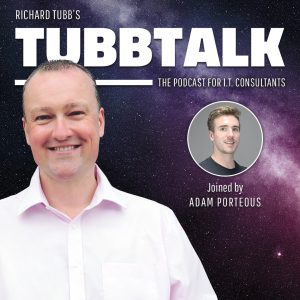
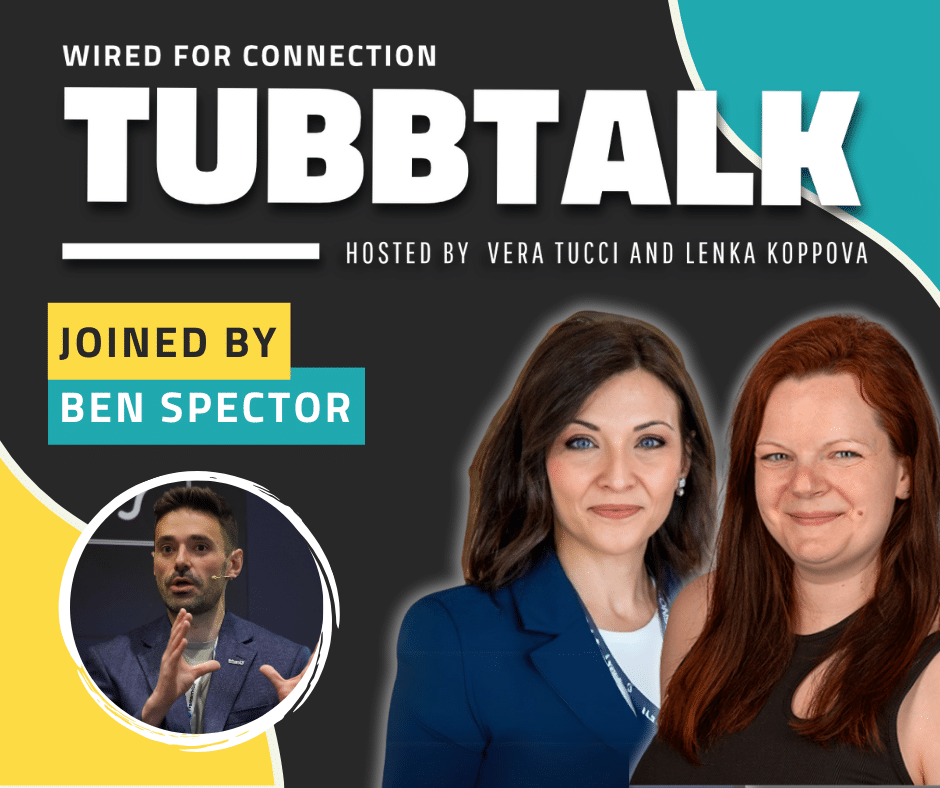



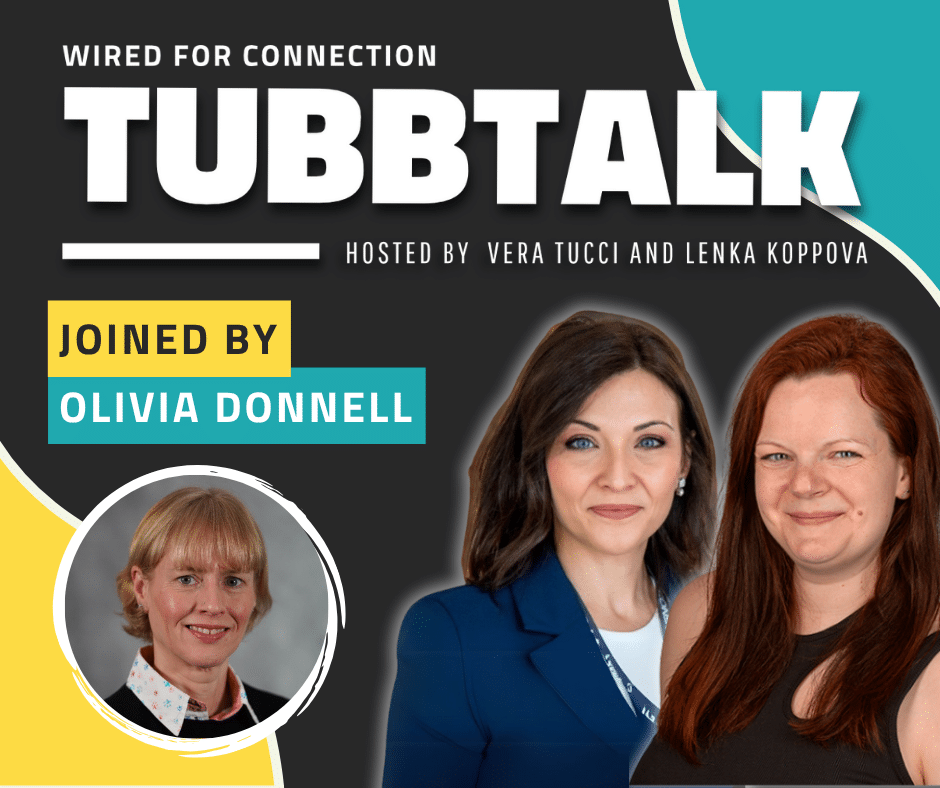
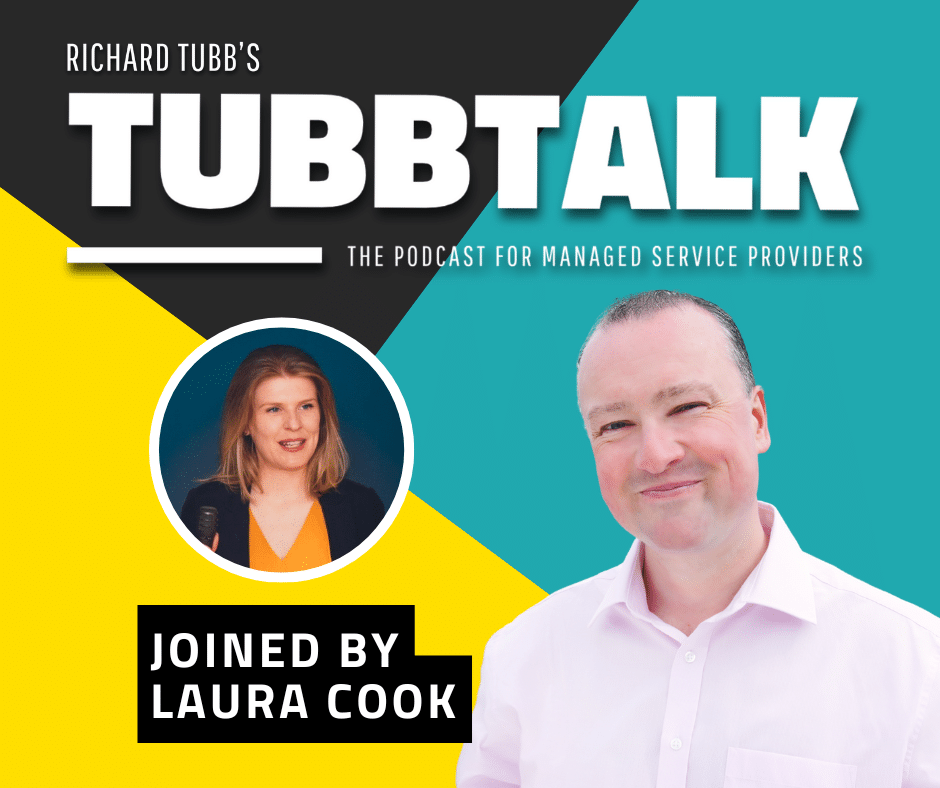

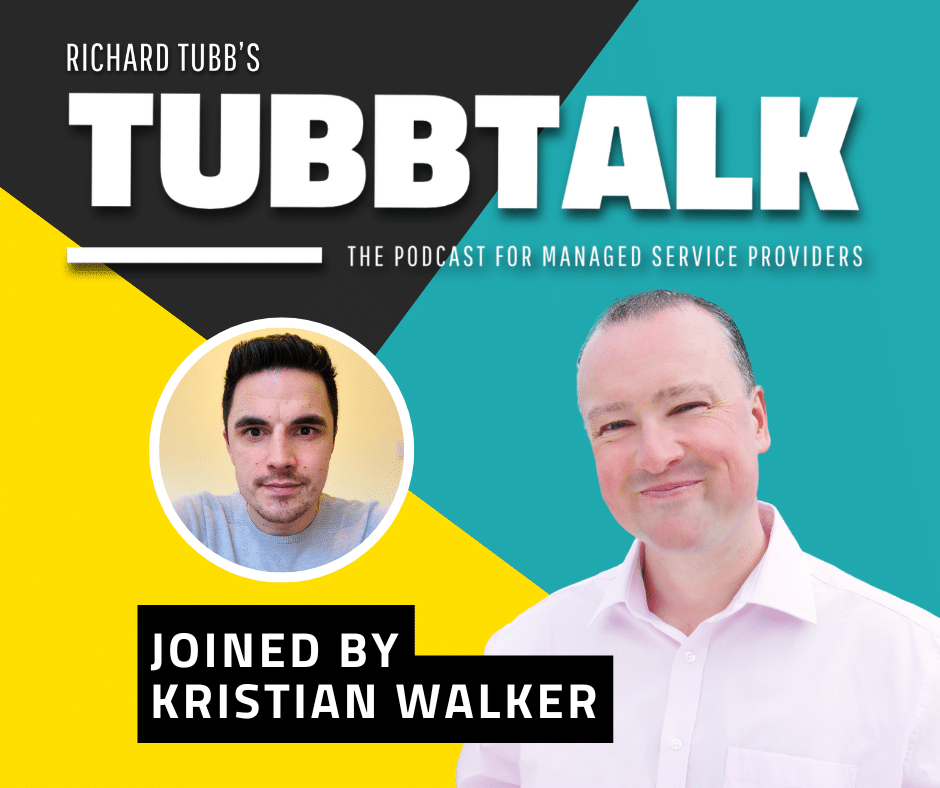
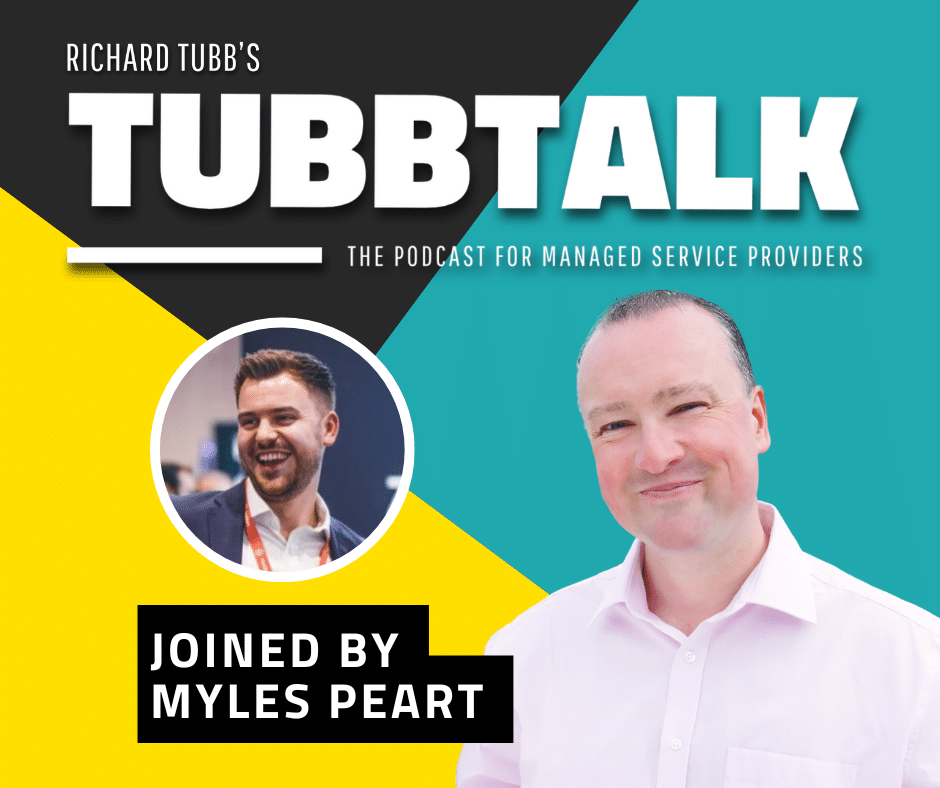

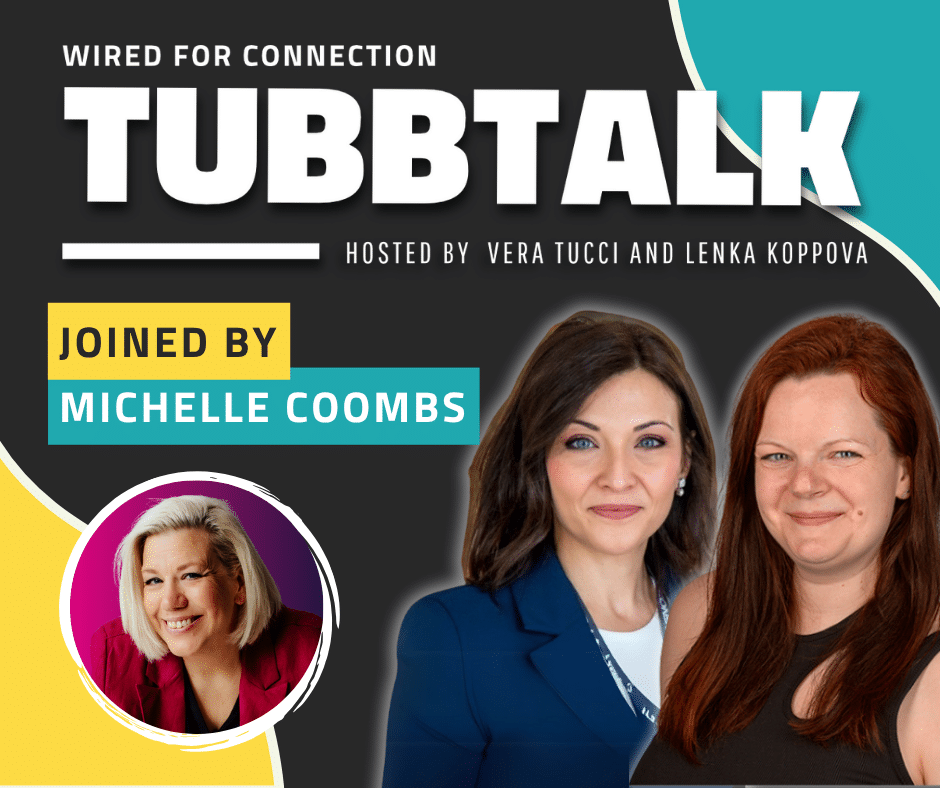
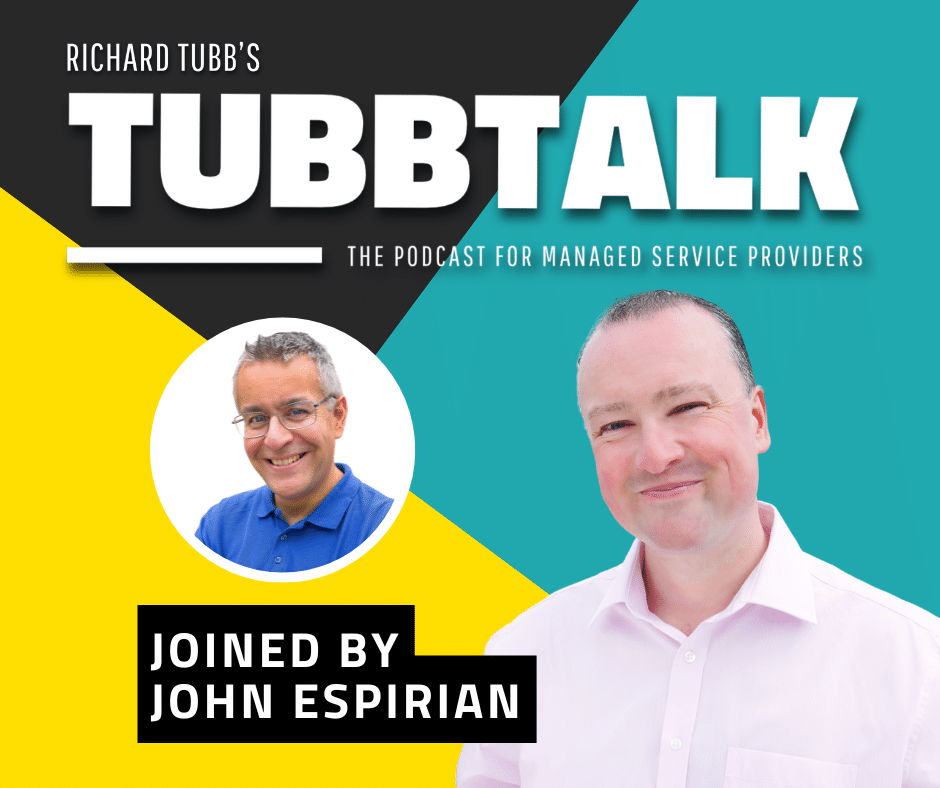

Comments